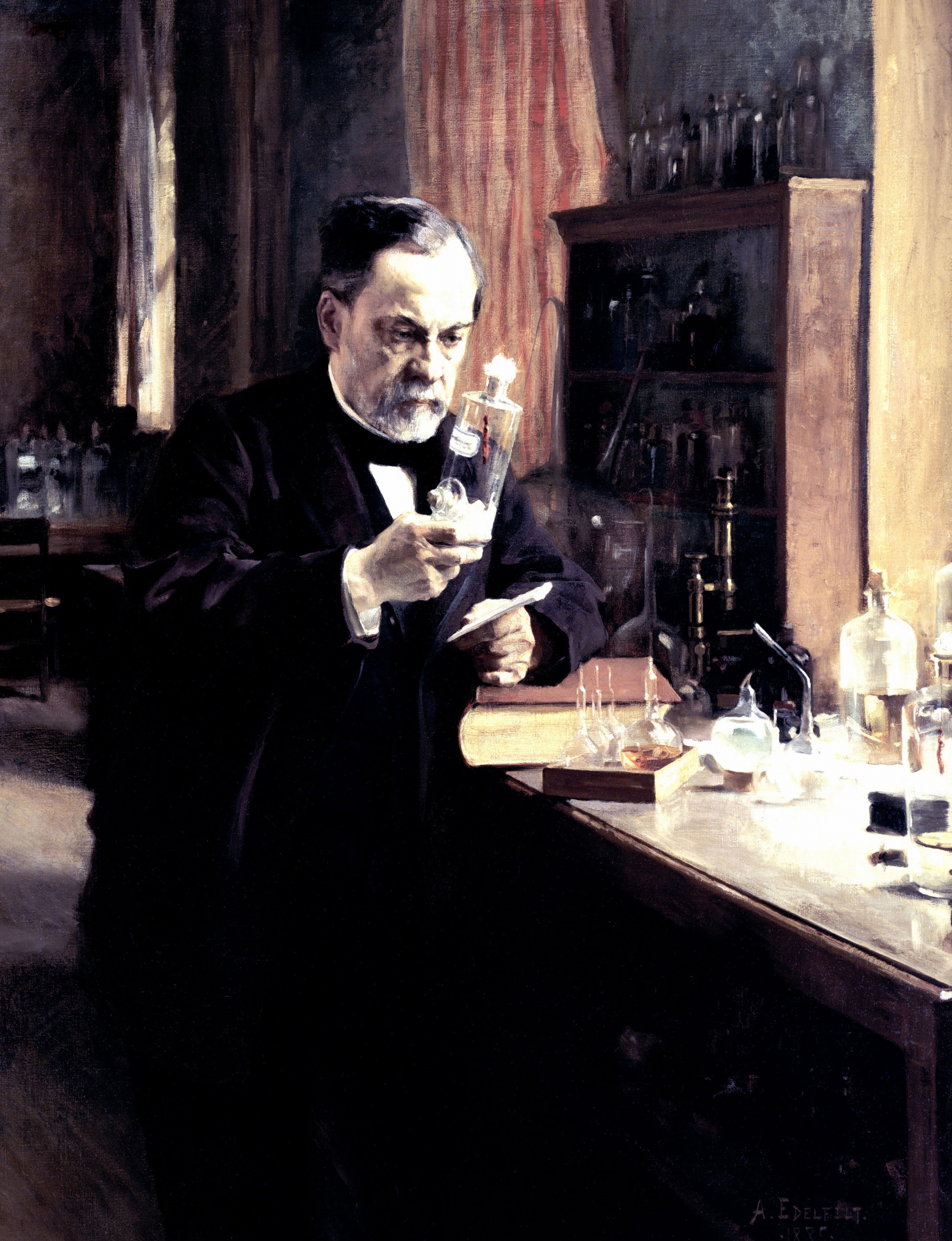Pasteurization is a method of preserving food. It is most commonly used for milk, but it may also be used for beer, eggs, juice, and other food products. Pasteurization kills yeasts, molds, and pathogenic (disease causing) and most other bacteria. It also renders inactive certain enzymes (molecules that speed up chemical reactions) that are naturally present in foods. Pasteurization involves heating food at specific temperatures for certain periods of time.

Almost all packaged milk sold in the world is pasteurized. Pasteurization is named after Louis Pasteur, a French scientist. In the mid-1800’s, Pasteur discovered that gently heating wine would destroy most of the bacteria in it without altering the wine’s flavor.
See also Butter (How butter is made); Milk (At a processing plant); Pasteur, Louis.
